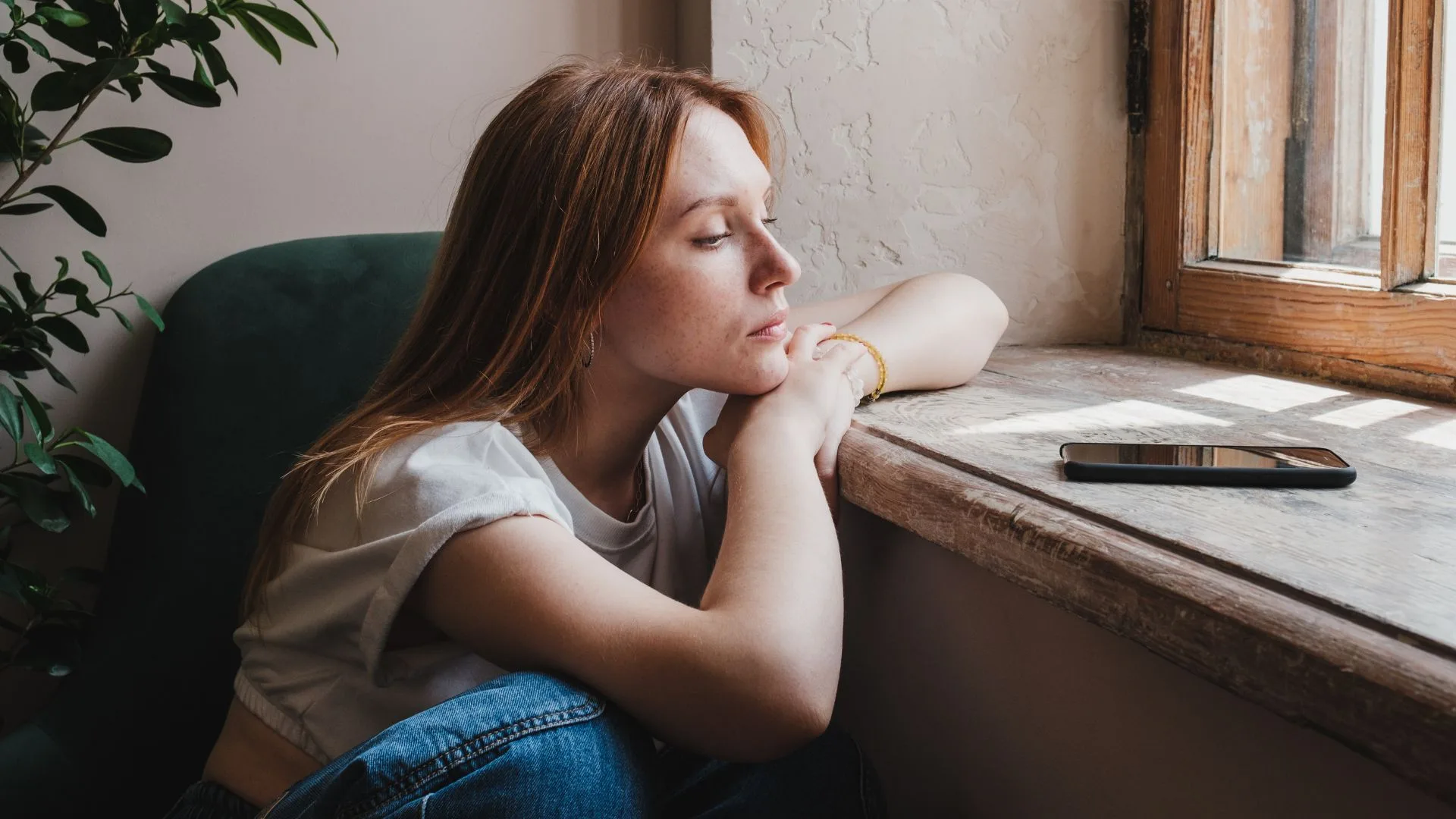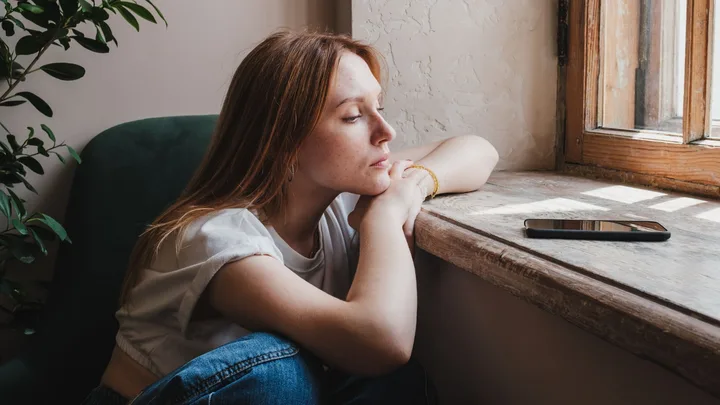More than half of women have reported being more depressed due to the cost-of-living crisis—but not many of us are seeking help.
The Liptember Foundation’s 2023 Women’s Mental Health Research report, has found more than half of women reported their mental health declining due to the rising cost of living, but only 15% took action to seek help.
Tragically, 1 in 3 women who haven’t sought help in this area, did so because they couldn’t afford it.

Liptember Foundation CEO and Founder, Luke Morris, termed it a “mental health paradox”.
“Financial pressures are worsening women’s mental health yet at the same time, a growing number of those who suffer from mental health issues say they can’t afford to seek the help they so desperately need,” he said in a statement.
Morris is concerned the situation will worsen if cost of living pressures don’t ease, he told Women’s Agenda.
Young and middle-aged women in regional areas were among the most affected by the cost of living, with the Women’s Mental Health Research report finding the mental health of this group was further deteriorated by stagnant employment income, escalating mortgage repayments, and the pressure to financially support their families.
For young women aged 20 to 39, mental health stressors were exacerbated by having less money to do things that made them feel good.
Meanwhile, for those above 50, increased everyday living expenses were a significant trigger.
Financial stress is only one aspect of the gender gap in mental health.

The Liptember Foundation research also found that a range of women’s health issues contributed to struggles in mental wellbeing. This included illnesses that uniquely affect women, like Polycystic Ovarian Syndrome (PCOS), Endometriosis and Menopause.
According to the research, sufferers of these illnesses were more likely to experience mental health disorders, with rates being:
- Women with PCOS 55% more likely to experience depression, and 54% anxiety;
- Women with Endometriosis, 57% more likely to experience anxiety and 55% more likely to experience depression, and
- Women experiencing menopause, 53% more likely to experience depression and 47% more likely to experience anxiety.
The Liptember Foundation’s clinical psychologist, Madhavi Nawana-Parker, told Women’s Agenda, ‘This valuable information will help steer Australia towards looking at mental health through a gendered lens and ultimately close the mental health gender gap,” she said.
If you or someone you know needs help you can call Lifeline on 131 114 or Beyondblue 1300 224 636.










